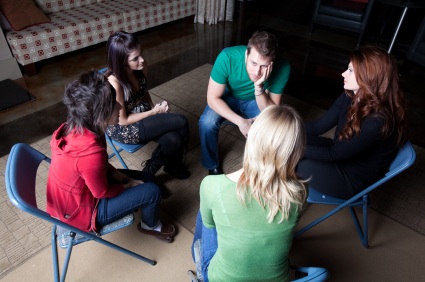Thoughts on How to Care for Yourself When in Grief
Posted by Collaborative Counseling

The five areas of ourselves that really need extra care now are (1) your physical self, (2) your emotional self, (3) your mental self, (4) your spiritual self, and (5) your social self. Below are somethings that will help in each of these areas.
Physical
- Good food (junk food, caffeine, & alcohol will sabotage your healing).
- Sleep/rest – your energy field and immune system are in shock.
- Walking in nature is healing – head for a park, zoo, or conservatory.
Emotional
- Forgiveness and total lack of blame for everyone.
- Giving support & compassion to all others who are suffering now in this.
Mental
- Get a clear & total understanding of what lead up to the tragedy.
- Do not make any major decisions for a while.
- Silence and calming music will help you heal.
Spiritual
- Ask God/your Higher Power to allow you to feel his love & support.
- Know that time always heals.
Social
- Your family cares about you and wants your well-being.
- Calm conversations with other family members will help you.
- Your friends want to help; let them know ways in which they can-
- Suggest making a meal, walking the dog, doing laundry- anything that seems to be a burden right now. This will help them.
If anyone causes you anxiety, remove yourself from them- some people are negative by nature and will be toxic for you & your recovery.
Read More
 View Our Locations
View Our Locations Request Appointment
Request Appointment
